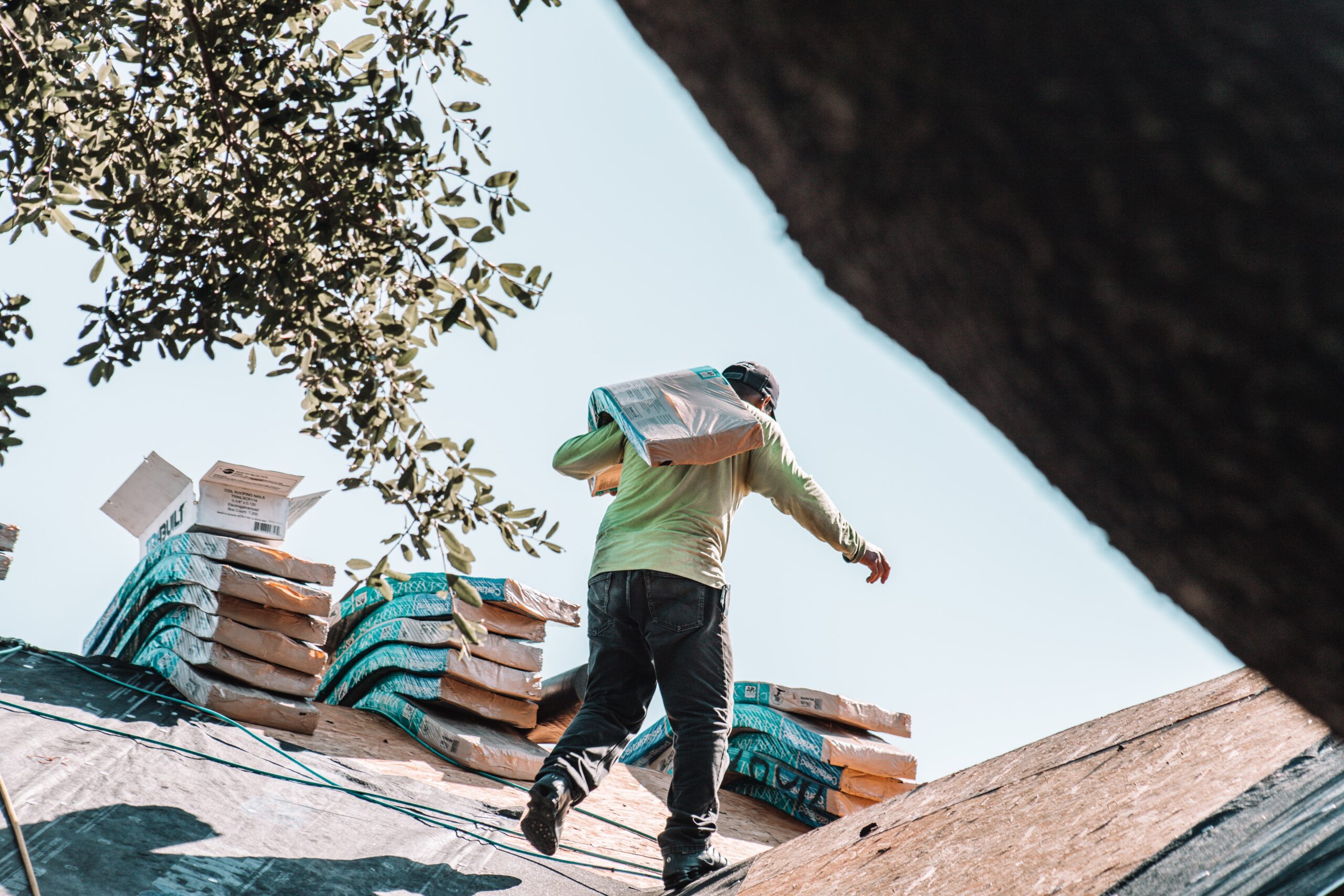When selecting a contractor for your renovation project, it’s important to pay attention to several key factors, including:
- Experience and credentials: Look for a contractor who has experience and a good reputation in similar projects. Also, verify if the contractor has the necessary licenses, insurance, and certifications to carry out the work.
- Contract and payment terms: Thoroughly review the contract and ensure that it clearly outlines all project details, including the scope of work, timelines, and payment conditions. Avoid contractors who request a large upfront payment or refuse to provide a written agreement.
- Communication skills: Choose a contractor who communicates clearly and promptly, and is willing to address all your questions and concerns throughout the project.
- Warranty and guarantees: Seek a contractor who offers a warranty or guarantee for their work. This will give you confidence that any issues that arise after project completion will be resolved.
- Safety measures: Ensure that the contractor has a safety plan in place and adheres to safety regulations to protect both workers and your property.
By focusing on these key considerations, you will be able to select an authoritative and reliable contractor for your renovation project.
What are the laws regarding construction in the state of Florida?
In Florida, construction laws are regulated by state authorities and local governments. Some of the important laws related to construction in Florida include:
- Building Codes: Florida has rules and regulations for construction, which are monitored by local authorities. The Florida Building Code governs the design, construction, and installation of buildings and structures.
- Contractor Licensing: Contractors in Florida must hold a license to perform construction work. The licensing requirements are established by the Department of Business and Professional Regulation (DBPR) of the state of Florida and depend on the type of work being done.
- Workers’ Compensation Insurance: Employers in Florida are required to provide workers’ compensation insurance to their employees. This insurance ensures payments to workers who are injured on the job.
- Liability Insurance: Contractors in Florida are required to have liability insurance, which protects them against claims for property damage or injuries.
- Construction Lien Laws: In Florida, construction liens can be placed on the property if a contractor or subcontractor has not been paid for their work. The lien law gives contractors or subcontractors a legal right to the property until they receive payment.
- Safety Regulations: Construction sites in Florida must comply with federal Occupational Safety and Health Administration (OSHA) rules, as well as state and local safety regulations.
One of the main organizations responsible for regulating workplace safety and health standards in the United States is the Occupational Safety and Health Administration (OSHA). OSHA establishes and holds safety standards for various industries and professions, including construction.
When it comes to construction sites in Florida, OSHA provides a set of federal rules and standards that must be followed. These rules include:
- Fall Protection: OSHA has strict requirements for fall protection on construction sites. This may involve the use of special guardrails, safety harness systems, or the installation of temporary platforms and ladders.
- Hazardous Substance Protection: OSHA also provides standards and requirements for protecting workers from hazardous substances such as chemicals, dust, and asbestos. This includes rules on the use of protective clothing, training, and proper handling of hazardous materials.
- Equipment Safety: OSHA establishes safety standards for the use and maintenance of construction equipment, including cranes, forklifts, scaffolding, and other machinery. This includes requirements for regular maintenance, inspections, and worker training.
- Protection from Hazardous Working Conditions: OSHA also sets standards for controlling hazardous working conditions, such as electrical installations, working at heights, working in confined spaces, and other potentially dangerous situations.
It’s important to note that OSHA requires employers and workers to comply with these safety standards on construction sites. Companies are obligated to provide safe working conditions, training, and necessary equipment, while workers are required to follow the rules and use provided protective measures.
